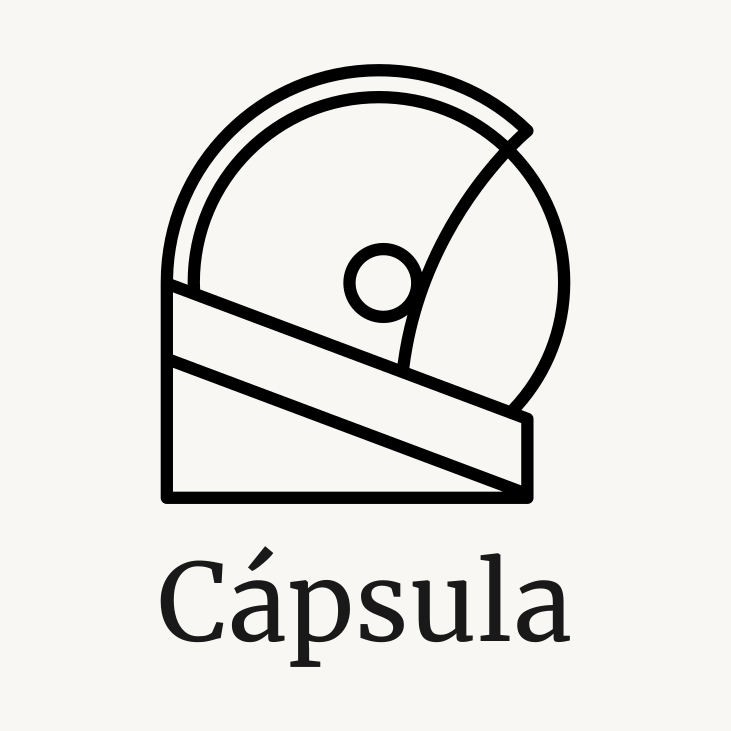Like any editor in the United States, I tweaked articles, butted heads with the sales department, and tried to extract interesting quotes out of boring people. Unlike my American counterparts, however, I was offered red envelopes stuffed with cash at press junkets, sometimes discovered footprints on the toilet seats at work, and had to explain to the Chinese assistants more than once that they could not turn in articles copied word for word from existing pieces they found online. I also liaised with our government censor. […]
I was told that we could not title a coal piece “Power Failure” because the word “failure” in bold print so close to the Olympics would make people think of the Olympics being a failure. The title “The Agony and the Ecstasy” for a soccer piece was axed because agony was a negative word and we couldn’t have negative words be associated with sports. We couldn’t use the cover image I had picked out for a feature on the rise of chain restaurants, because it was of an empty bowl, and, [our censor] told me, it would make people think of being hungry and remind them of the Great Famine (a period from 1958 to 1961 when tens of millions of Chinese starved to death, discussion of which is still suppressed). Even our Chinese designers began to roll their eyes when I related this change to them, and set them to work looking for images of bowls overflowing with meat.
Eveline Chao, Foreign Policy. Me and My Censor: A reporter’s memoir of what it’s like to tell the truth about today’s China.
Chao was Managing Editor for an English-language magazine called China International Business and writes about the ins and outs of censorship in the newsroom despite, as she writes, “Business content is not censored as strictly as other areas in China, since it seems to be understood that greater openness is needed to push the economy forward and it doesn’t necessarily deal with the political issues Chinese rulers seem to find the most sensitive.”
In 2003-2004 I worked for an English-language paper in Saudi Arabia and while the censorship mechanics there are different from what Chao illustrates, her anecdotes had me nodding at their familiarity. — Michael
(via futurejournalismproject)
